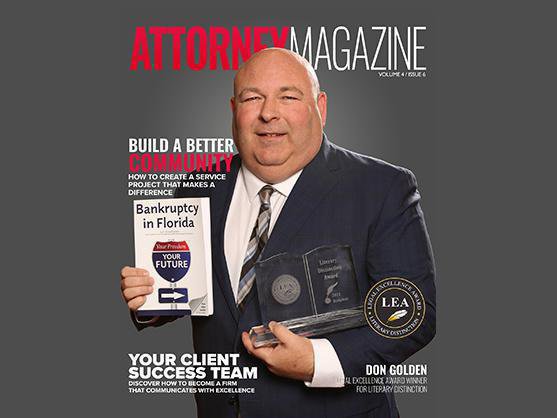Discharging Debt in Brandon, FL
Help from a Dedicated Bankruptcy Attorney
Whether you file for personal bankruptcy under Chapter 7 or Chapter 13 of the U.S. Bankruptcy Code, you will be able to have some or all of your secured and unsecured debt discharged. But that doesn’t mean you get to just walk away from the money you owe. The bankruptcy process includes a strict requirement for full disclosure of all known property and monetary assets that can be liquidated to pay as much as possible to your creditors.
What Debt Can You Discharge?
- Credit card bills: Your creditors will have the right to seek possession of any asset you purchased on their card which they feel can be liquidated to reduce their losses from the discharged debt. If you purchased jewelry, artwork or another high-value item, it must be listed as an asset for possible liquidation.
- Medical bills : medical bills are perhaps the leading cause of filing Chapter 7 bankruptcy, particularly among younger individuals and families who lack medical insurance but were faced with a serious medical problem. Medical bills are treated as unsecured debt, just as credit cards. It is important to remember, though, that discharging medical debt often destroys the personal relationship with your doctor.
- Secured debt: Secured debt is any loan in which the lender has the right to repossess the property or other collateral you used when taking the loan. Mortgages and auto loans are the best examples of secured debt. You can include the debt in a Chapter 7 bankruptcy, if you do not wish to keep the property. If you wish to keep the property, it may also be possible to agree to continue usual payments, depending upon your circumstances. Under Florida law, you can claim an exemption of up to $1,000 of equity in your car.
- Second and third mortgages, if the value of the property has reduced below original mortgage value
- Tax debt : Discharge of your tax debt is possible under Chapter 7 bankruptcy only after you have met certain criteria for repayment. Generally, the debt must be at least three years old, it has been at least two years since the return was filed and no new tax was assessed within 240 days.
- Tax arrears after certain conditions for an IRS workout have been met
- Accumulated penalties, interest and late fees for unsecured (credit card) debt
- Secured debt subject to repossession of the collateral item
- Student loans may be included in the confirmed repayment plan, but interest will continue to accrue. Student loan debt will not be discharged upon successful completion of the repayment plan.
Child support and spousal support obligations and arrears arising from a divorce judgment are not dischargeable under either Chapter 7 or Chapter 13.
Contact an experienced bankruptcy lawyer at The Golden Law Group to discuss your specific circumstances.
As a rule of thumb, Chapter 7 is more restrictive in the range of debts you can petition to have discharged, in part because you will be making no effort to repay your debt through an approved plan, as in Chapter 13. Under Chapter 13, you can include every type of debt in your approved debt repayment plan.
During the three or five year length of supervised repayment, depending upon your income level, interest may continue to accrue on some types of debt. Upon completion of your plan, however, all remaining debts owed to your creditors will be discharged, with no further claims against you for additional repayment.
Free Consultation · Affordable Payment Plans Possible · Call: (813) 680-3830
Learn more about the debts that can be discharged through bankruptcy. Contact an attorney at The Golden Law Group to schedule a free initial consultation.


